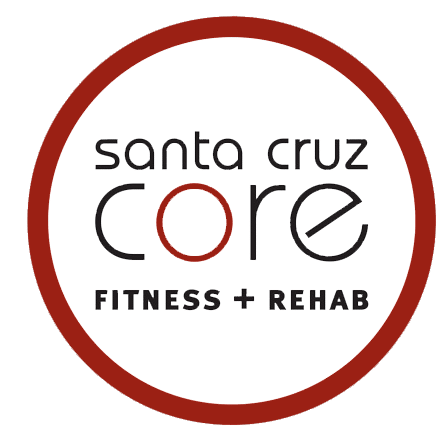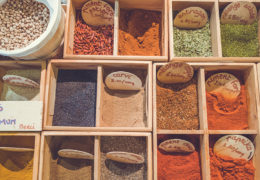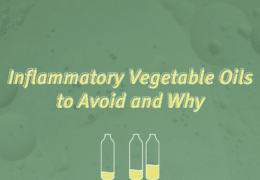Curcumin is a healing substance found in the spice turmeric.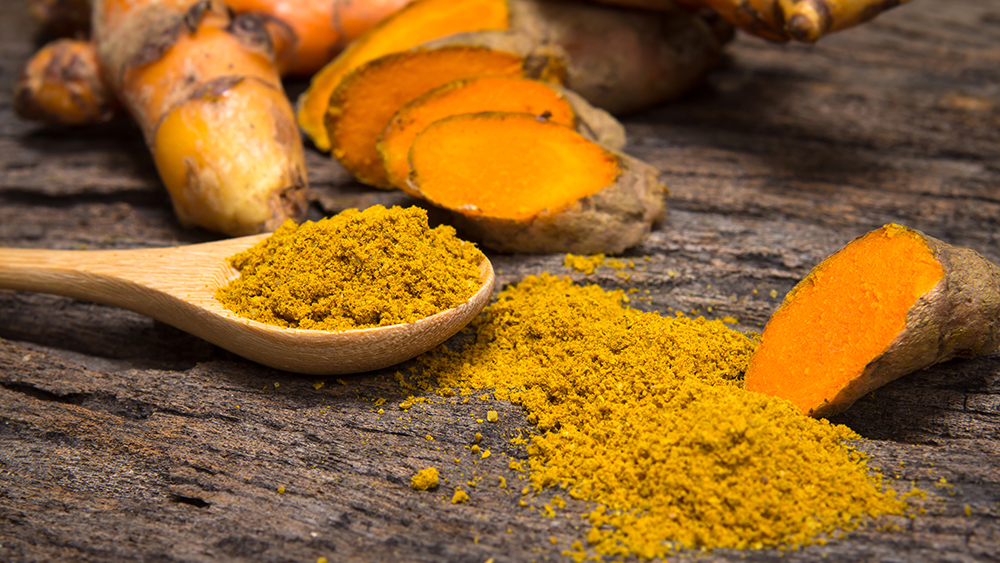
Due to its medicinal properties, curcumin has been getting a lot of attention from the medical community. This awesome supplement reduces inflammation and may help treat cancer, although studies are still underway (1). Although the specific mechanisms of curcumin’s therapeutic effects are still unknown, studies in the field are very promising.
History of Turmeric:
Turmeric is a spice that originates in India. After centuries, food, religious rituals, and medicinal purposes all utilize this spice (3). If you have tried some of the most well-known Indian dishes like Tikka-masala or Curry then chances are you’ve tried turmeric. Turmeric has a unique bright-gold look to it, bringing color to the dinner table.
Turmeric has been used for thousands of years in the Indian system of holistic medicine known as Ayurveda. Ayurvedic principles of medicine still exist and operate today. Additionally, they are often incorporated into other systems of holistic healing including Functional Integrative Nutrition and systems biology. Ayurvedic medicine prescribes curcumin supplements for a variety of ailments including cough, impaired vision, and osteoarthritis.
Role in Inflammation:
Curcumin is a powerful antioxidant that displays anti-inflammatory properties, which helps explain many of its claimed benefits (1). In the case of cancer, for example, inflammation and angiogenesis are very closely related (2). Angiogenesis describes the vascularization of a body structure, that is, the formation of blood vessels for direct oxygen and nutrient delivery.
The vascularization of a cancerous tumor means that it will gain direct access to circulation. This allows for cancer to spread to other parts of the body. Furthermore, a vascularized tumor is much harder to remove with surgery as there is an increased chance of major bleeding.
Antioxidants in curcumin protect against free radicals, charged molecules reactive due to unpaired electron groups. Oxidation-reduction reactions in the body are electron-based. This means that these radicals can disturb otherwise healthy cell components like DNA and the cell membrane and cause oxidative damage. Antioxidants represent our body’s defense mechanism against free radical damage.
Curcumin has also been found to interfere with the blood components known as platelets, which play an important role in the inflammation cascade. Platelets are pockets of cytoplasm (the liquid inside of a cell) that secrete a variety of growth factors and cytokines (inflammation triggering molecules) for healing damaged tissue. By interfering with their function, curcumin is able to reduce the strength of the inflammatory response and discomforts that tag along with it.
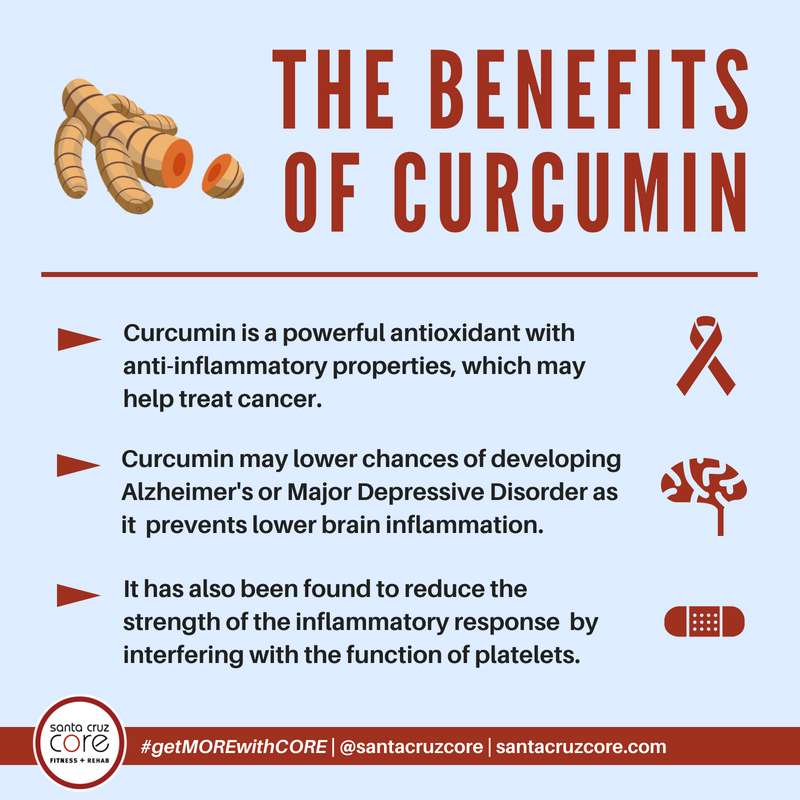 Improvements in Mood and Memory:
Improvements in Mood and Memory:
A recent study by UCLA researchers has shed light on some of the other benefits of curcumin, which includes an improvement in mood and memory in relation to age-related memory loss. According to this research, the anti-inflammatory properties of curcumin could account for the lower incidence of Alzheimer’s disease in senior citizens in India (4). Not only that, but it may also account for the observed better cognitive performance of those senior citizens. The theory is that this phenomenon is explained by lower brain inflammation since brain inflammation is associated with both Alzheimer’s and Major Depressive Disorder (MDD) (4).
The study was a randomized, double-blind, placebo-controlled study. This means that some of the participants were given a curcumin supplement and some were given a placebo, that the group assignment was random, and that the scientist carrying out the experiment were not aware of which group was getting what. This prevents personal bias from staining the result of the experiment.
Study specifics aside, the result showed that the curcumin group had improvements dealing with both memory and attention. The placebo group did not display these improvements. Improvements in mood also occurred. The study then determines that curcumin supplementation greatly associates with increased cognitive performance. The researchers are now looking to continue their research with larger groups of participants.
While curcumin supplements show tremendous promise, consulting a physician or pharmacist before undertaking any supplementation is wise. These could interfere with other medications and/or aggravate pre-existing conditions one may have.
Nutrition at CORE!
If you’d like to add more flavor to your diet while still preserving healthiness, visit CORE to speak with our nutritionists! Tumeric is a perfect example of a healthy spice that enhances flavor, creates beautiful dishes, and provides health benefits. CORE can provide similar recommendations or more, tailored to your own goals.
References:
Moynihan, Timothy J. “Curcumin: Can It Slow Cancer Growth?” Mayo Clinic, Mayo Foundation for Medical Education and Research, 8 Feb. 2017, www.mayoclinic.org/diseases-conditions/cancer/expert-answers/curcumin/faq-20057858.
Ono, Mayumi. “Molecular Links between Tumor Angiogenesis and Inflammation: Inflammatory Stimuli of Macrophages and Cancer Cells as Targets for Therapeutic Strategy.” Freshwater Biology, Wiley/Blackwell (10.1111), 14 Aug. 2008, onlinelibrary.wiley.com/doi/10.1111/j.1349-7006.2008.00853.x/abstract.
Prasad, S, et al. “Turmeric, the Golden Spice: From Traditional Medicine to Modern Medicine.” Advances in Pediatrics., U.S. National Library of Medicine, www.ncbi.nlm.nih.gov/pubmed/22593922.
Hopper, Leigh. “Curcumin Improves Memory and Mood, New UCLA Study Says.” UCLA Newsroom, University of California, Los Angeles, 22 Jan. 2018, newsroom.ucla.edu/releases/curcumin-improves-memory-and-mood-new-ucla-study-says.
